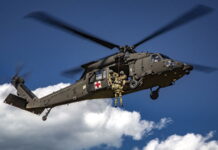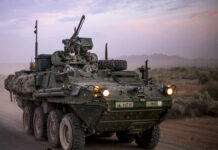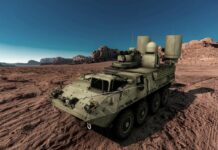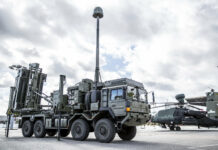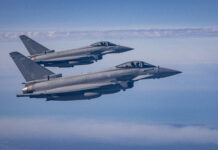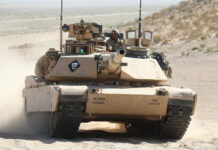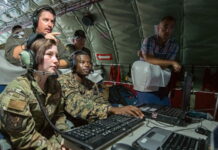The US Air Force (USAF) and Northrop Grumman have conducted the first full-scale static test firing of the Stage-1 solid rocket motor (SRM) that will be used in the United States’ future generation of LGM-35A Sentinel silo-based intercontinental ballistic missiles (ICBMs), the air force and Northrop Grumman announced on 6 March.
The open-air test of the Stage-1 SRM – the largest of the missile’s three stages and the first stage to fire upon missile launch – took place at Northrop Grumman’s test facility in Promontory, Utah, on 2 March. It is the first in a series of static fire tests that will validate the design and performance of Sentinel’s three-stage propulsion system during its development.
“This test is just one part of our comprehensive ground and flight test program designed to help us shake down the design as we approach its critical design review. By testing early we reduce risk to the overall weapon system schedule,” Major General John Newberry, Air Force Nuclear Weapons Center (AFNWC) commander and USAF’s Program Executive Officer for Strategic Systems, was quoted as saying in a USAF press release.
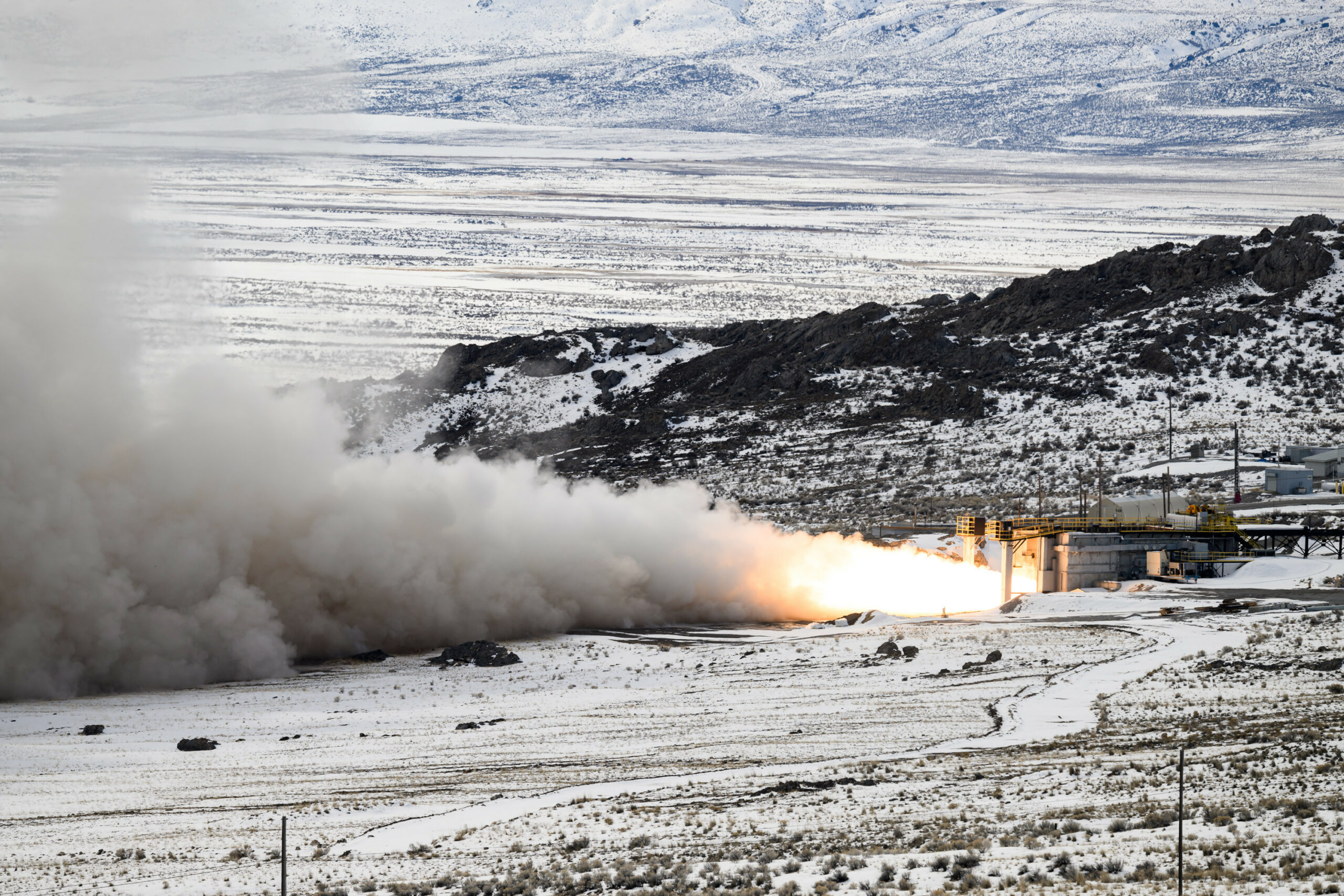
The test, he added, “shows that the Sentinel program is now in the phase of its development where physical hardware is being tested in real-world conditions. It is further evidence that AFNWC will successfully deliver this capability to the warfighter.”
The test results are currently being analysed by a team of specialists from AFNWC and Northrop Grumman.
The LGM-35A will replace the USAF’s inventory of 400 LGM-30 Minuteman III ICBMs, which were first deployed in 1970 and currently form the land-based component of the US nuclear triad, the others being Trident II submarine-launched ballistic missiles and nuclear bombs and cruise missiles carried by the USAF’s strategic bombers.
Northrop Grumman was awarded a USD 13.3 Bn (EUR 12.47 Bn) contract by the US Air Force (USAF) in 2020 to act as prime contractor in developing the LGM-35A under the Ground Based Strategic Deterrent (GBSD) programme.
Boeing was also in the running for the GBSD programme, but after Northrop Grumman bought SRM manufacturer Orbital ATK in June 2018, Boeing announced in July 2019 it was dropping out of the GBSD contest, citing Northrop Grumman’s acquisition of Orbital ATK as presenting the Boeing bid with an insurmountable disadvantage because of Northrop Grumman’s dominance of the SRM market.
The only other major US SRM manufacturer, Aerojet Rocketdyne, is part of Northrop Grumman’s Sentinel team, which also includes Bechtel, Clark Construction, Collins Aerospace, General Dynamics, HDT Global, Honeywell, Kratos Defense and Security Solutions, L3Harris, Lockheed Martin and Textron Systems.
Peter Felstead





